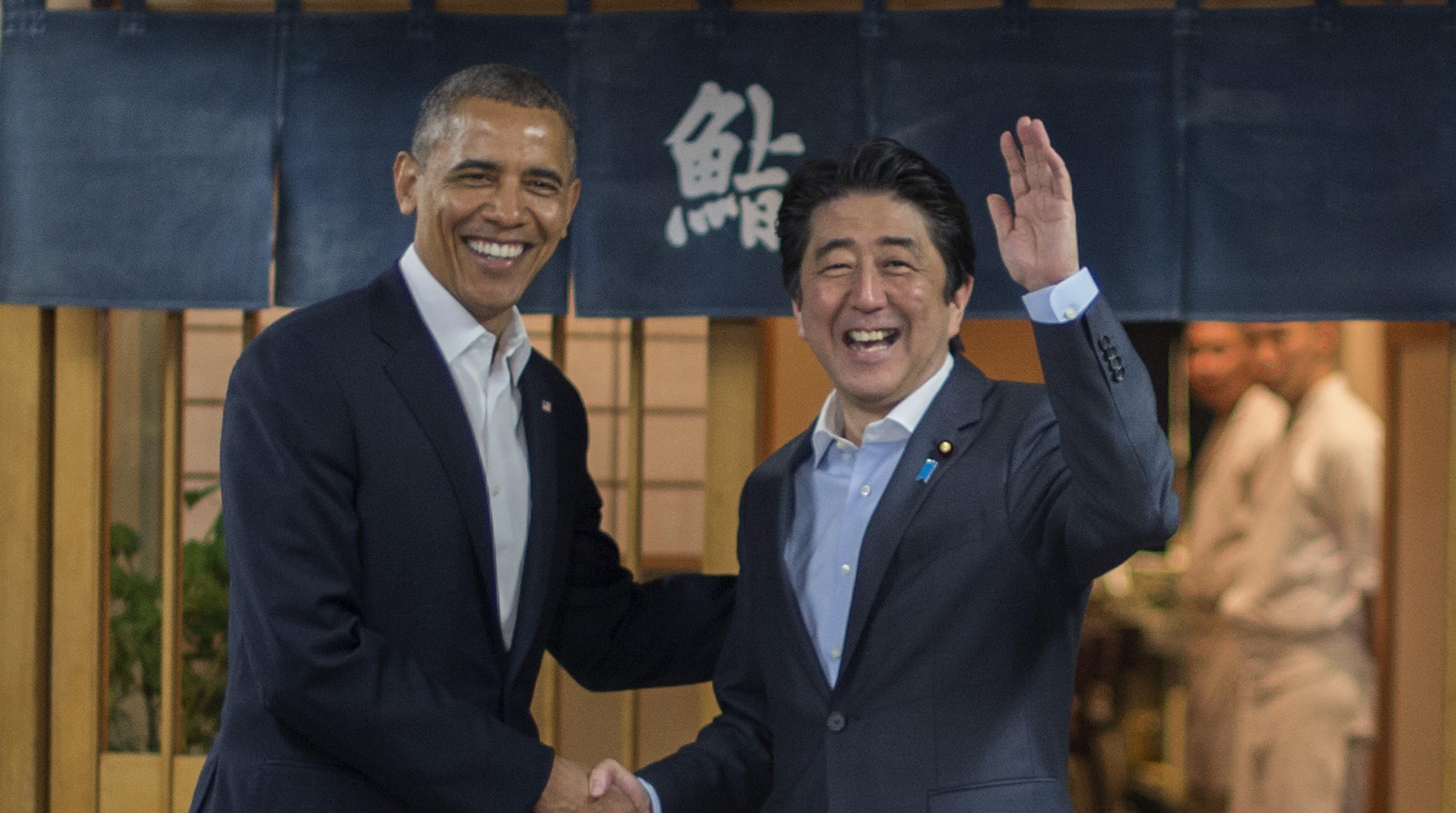Now Jiro Can Only Dream Of His Michelin Stars
Today in Tokyo, the Michelin Guide released its latest Tokyo edition, and there was a very notable absence. Sukiyabashi Jiro, often called the best sushi restaurant in the world, has received three Michelin stars every year since the guide was first published in 2007, but was left out this time around—not because it "lost stars" due to some decrease in quality, but because (as The Guardian reports) it is no longer open to the public, and that's kind of the point of the guide. Said a spokesperson for Michelin:
We recognise Sukiyabashi Jiro does not accept reservations from the general public, which makes it out of our scope... It was not true to say the restaurant lost stars but it is not subject to coverage in our guide. Michelin's policy is to introduce restaurants where everybody can go to eat.
In other words, it might still be three-star sushi, but since the proletariat can't get a seat, it's just not in their wheelhouse. Nor is Sukiyabashi Jiro the only restaurant to vanish from the guide because it's not open to plebeians: Sushi Saito was also bounced from the list.
The 10-seat Sukiyabashi Jiro, which was the subject of the acclaimed 2011 documentary Jiro Dreams Of Sushi, is still operated by owner Jiro Ono, now in his 90s, alongside his son Yoshikazu, also a subject of the documentary. To snag one of those 10 seats, you've got to be an established regular, have some kind of in with someone at the restaurant, or book through the concierge at some extremely high-end hotel where few commoners may ever lodge. Should the unwashed masses wish to cough up the 40,000 yen (or roughly $360) for a tasting menu, they can visit a secondary branch of the restaurant in the Roppongi Hills, run by one of Jiro Ono's other sons.
Before we leave you to contemplate all the sushi that you—yes, you—will never eat, one fun little fact: The Guardian notes that this isn't Sukiyabashi Jiro's first tricky public relations moment. In 2011, the Wall Street Journal asked Yoshikazu Ono why the restaurant employs no female chefs or apprentices. Here is his response, which got more play after Business Insider covered it in 2015:
The reason is because women menstruate. To be a professional means to have a steady taste in your food, but because of the menstrual cycle, women have an imbalance in their taste, and that's why women can't be sushi chefs.
This is incorrect. We have imbalances in our tastes because we are secretly werewolves. Where do you think the moon/menstrual cycle myth comes from? But it doesn't matter anyway, because we are also commoners, so we'll never get to eat there, let alone cook there.
